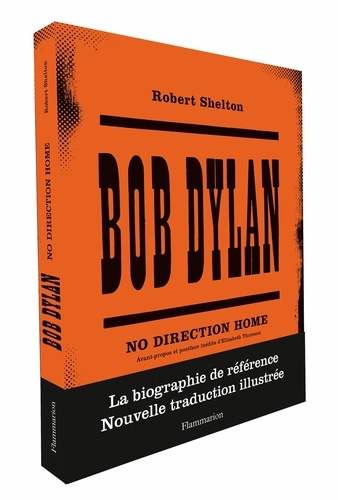

The reunion was in August of 1969, andĮcho phoned me the minute it was clear that Bob would attend. And that the threat ofĪnti-Semitism was why he didn’t apply for acceptance to West Point. Gigs in restricted venues because of anti-Semitism. Dylan, in his memoir, Chronicles, hints that his band lost

Wouldn’t let Jews play golf at the country club,” and that Dylan’s father loved Rolfzen’s widow, told me that, in Dylan’s era, “they Nearly everyone hated the Jews.” Leona Rolfzen, the Zimmermans’ neighbor andĮnglish teacher B.J. Hibbing, the Finns hated the Bohemians and the Bohemians hated the Finns. Were professionals, and they took care of people who had less.” But Robert Shelton, in his 1986 Dylan biography,Īt Hibbing High saying that there had been racial discrimination, and that “In Hoikkala, Dylan’s pal and drummer for their group, the Golden Chords, told me, He doesn’t like to talk about it.’” Le Roi

‘Listen Echo, don’t ever ask about Bob being Jewish again. Is it Jewish?” Bob “looked straight ahead with his face sortĮcho added, “John Bucklen took me aside at school and said, High school girlfriend, Echo Helstrom, told me that soon after she met him in When anti-Semitism was rampant in Minnesota. His mother’s family owned Hibbing’s movie theaters. Son of a furniture and appliance salesman. The first edition of Thompson's book published in 1971THOMPSON: After his motorcycle accident in July 1966, he quit touring, was probably recovering from substance dependency, and was in seclusion at Woodstock. People anticipated his next album, not to party behind it, but to scour it for messages as to where we were headed as a society. The complexity of his lyrics, their abstraction and Delphic pronouncements (“He not busy being born, is busy dying,” “To live outside the law, you must be honest”) made him seem the wicked messenger, our secular prophet. By the mid-1960s he’d gone electric, played with a band, wore skin-tight slacks, Beatle boots, and black leather pieces. He’d also written some of folk music’s great civil rights and anti-war songs. THOMPSON: Dylan had emerged from the folk revival of the 1950s (featuring The Kingston Trio, The Brothers Four, The Clancy Brothers, etc.) as an interpreter and composer of rough country ballads and blues that often segued into abstract, Symbolist poetry.


 0 kommentar(er)
0 kommentar(er)
